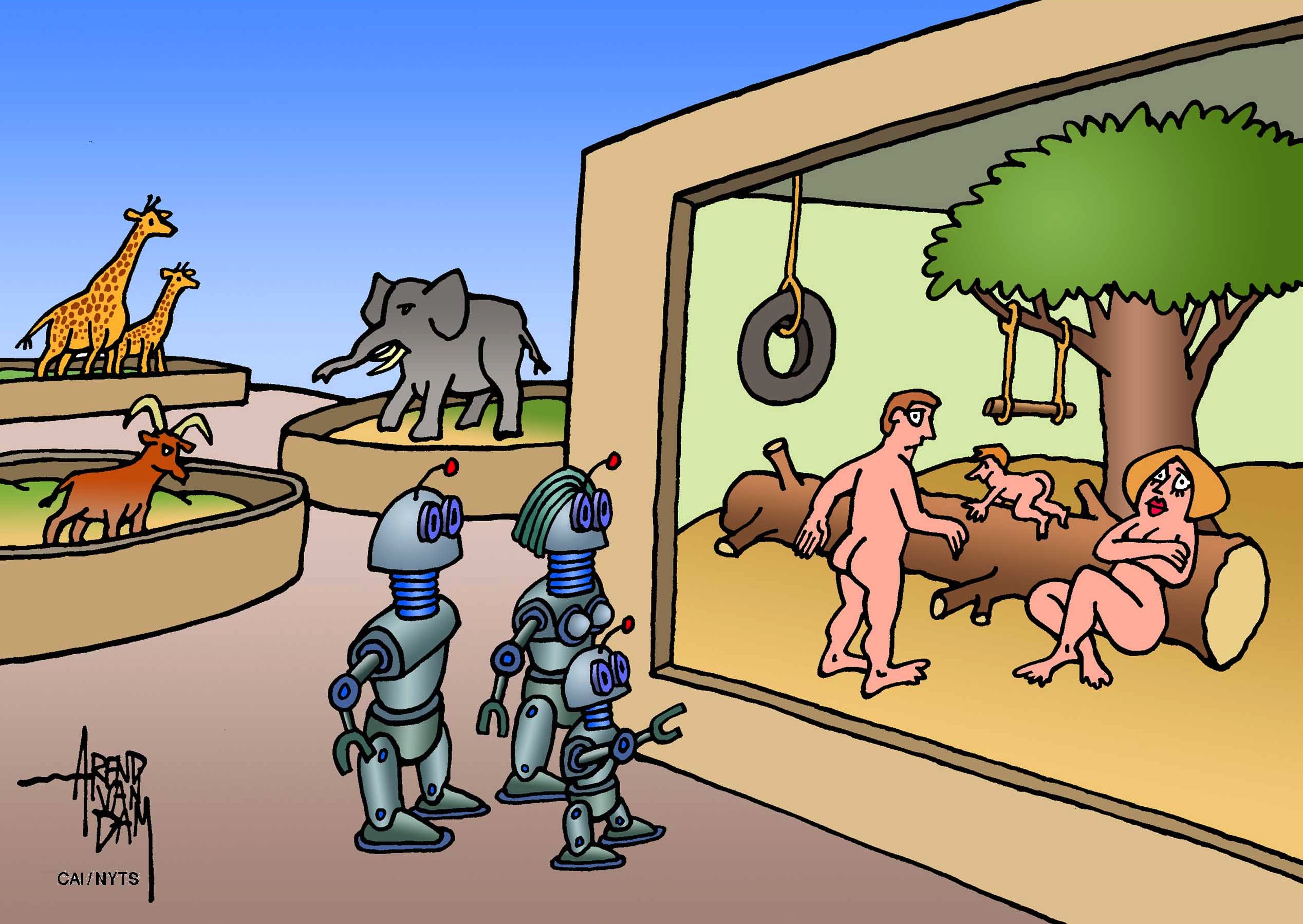Last month, AlphaGo, a computer program specially designed to play the game go, caused shock waves among aficionados when it defeated Lee Sidol, one of the world's top-ranked professional players, winning a five-game tournament by a score of 4-1.
Why, you may ask, is that news? Twenty years have passed since the IBM computer Deep Blue defeated world chess champion Garry Kasparov, and we all know computers have improved since then. But Deep Blue won through sheer computing power, using its ability to calculate the outcomes of more moves to a deeper level than even a world champion can. Go is played on a far larger board (19 by 19 squares, compared to eight by eight for chess) and has more possible moves than there are atoms in the universe, so raw computing power was unlikely to beat a human with a strong intuitive sense of the best moves.
Instead, AlphaGo was designed to win by playing a huge number of games against other programs and adopting the strategies that proved successful. You could say that AlphaGo evolved to be the best go player in the world, achieving in only two years what natural selection took millions of years to accomplish.


















With your current subscription plan you can comment on stories. However, before writing your first comment, please create a display name in the Profile section of your subscriber account page.